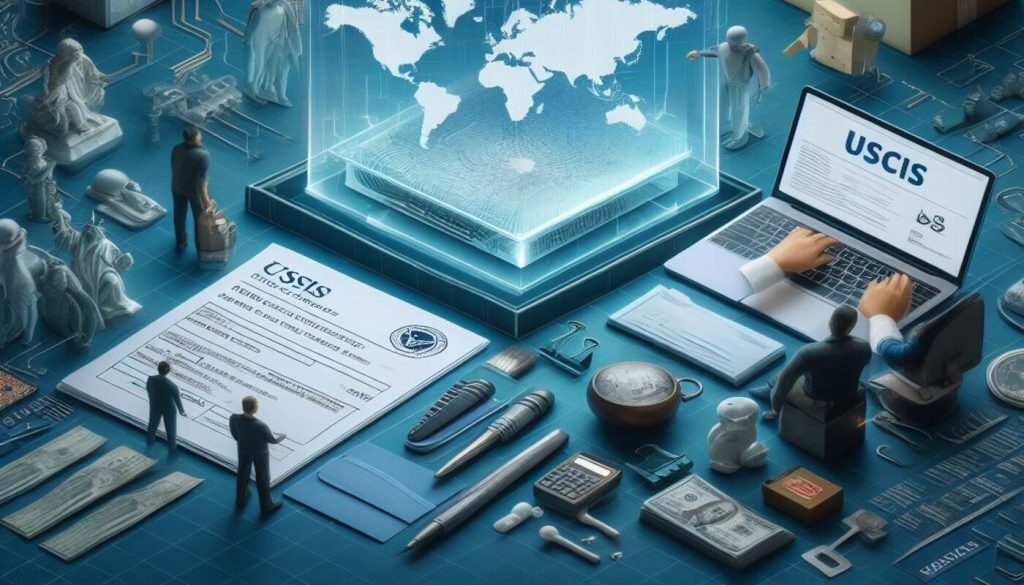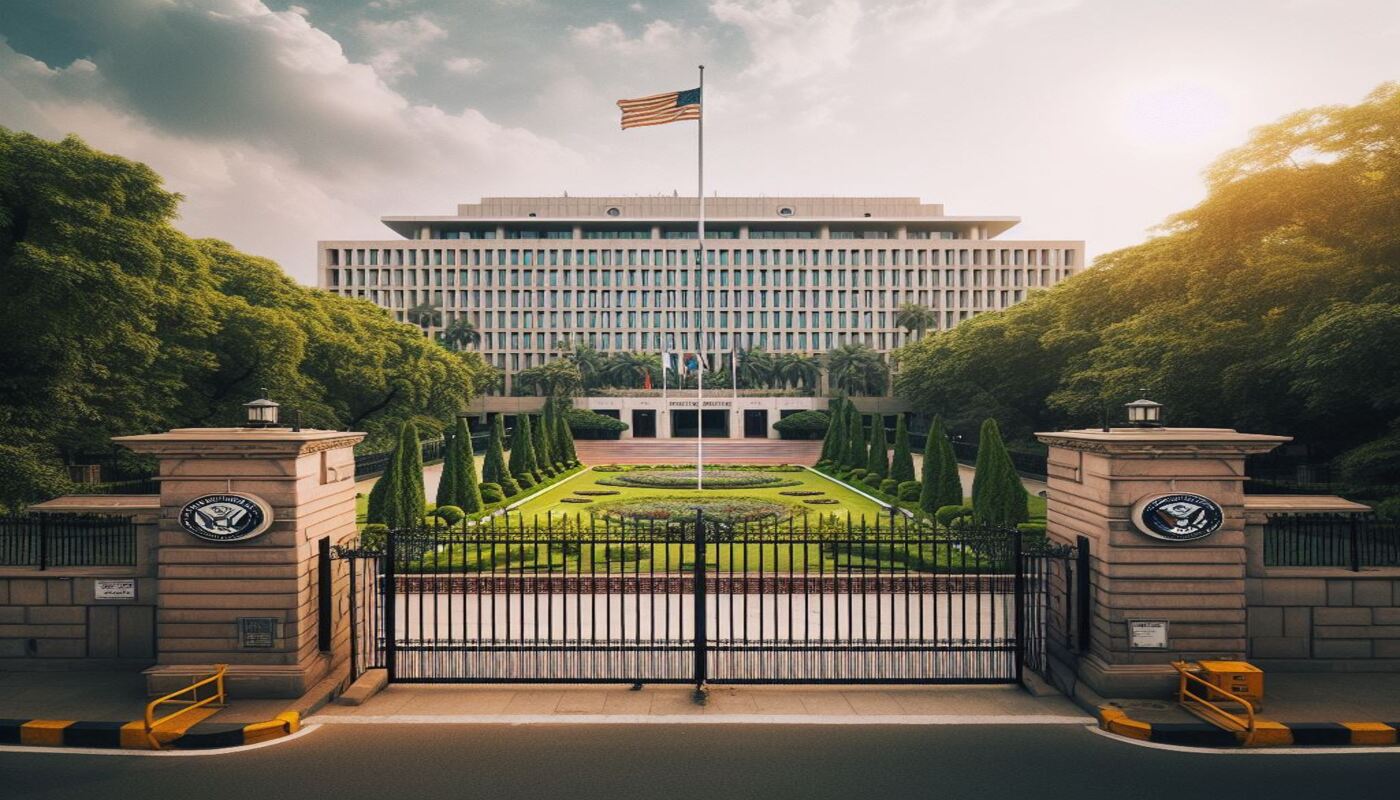In a pivotal development, the U.S. Citizenship and Immigration Services (USCIS) issues a critical alert, directing all petitioners filing Form I-730, the Refugee/Asylee Relative Petition, to exclusively submit applications to the Texas Service Center. Any submissions to the Nebraska Service Center or other USCIS service centers will be promptly rejected, effective since the announcement in January 2023.
Emphasizing a shift toward an increasingly digital landscape, the USCIS outlines the scanning and uploading of documents into electronic databases. To streamline the petition process, petitioners are strongly advised to adhere to the “Recommendations for Paper Filings to Avoid Scanning Delays.”
A crucial reminder underscores the necessity of including a passport-style photograph or a recent clear photograph of each family member within the petition. Failure to comply may result in the issuance of a Request for Evidence (RFE), potentially causing delays in processing.
Form I-730 caters to principal refugees and asylees, allowing them to request the inclusion of spouses and unmarried children under 21 in the United States within two years of being granted refugee or asylee status. The USCIS introduces flexibility for unmarried children over 21 under specific circumstances, with potential waivers for humanitarian reasons.
The USCIS implements an edition date of 02/02/24 for Form I-730, accepting previous editions from 12/08/21 and 09/17/19. Strict adherence to the correct edition date on all pages is mandatory to prevent form rejection.
Detailed instructions, including the mailing address for the Texas Service Center, are provided for applicants’ convenience. A checklist of required initial evidence assists petitioners in preparing their forms, along with guidelines for submitting documents in a foreign language.
Furthermore, the USCIS specifies evidence needed for family relationships, emphasizing the importance of primary and secondary evidence from civil authorities, religious institutions, schools, or census records.
The USCIS offers valuable filing tips, including reminders to sign forms to avoid rejection, and addresses specific instructions for following-to-join refugee petitions.
For applicants facing prolonged processing times, USCIS outlines the procedures for inquiries, expedite requests, and corrections to submitted Form I-730 petitions.
Petitioners are strongly urged to stay informed, carefully follow provided guidelines, and regularly check USCIS updates for any modifications in the filing process.
Source: USCIS


















